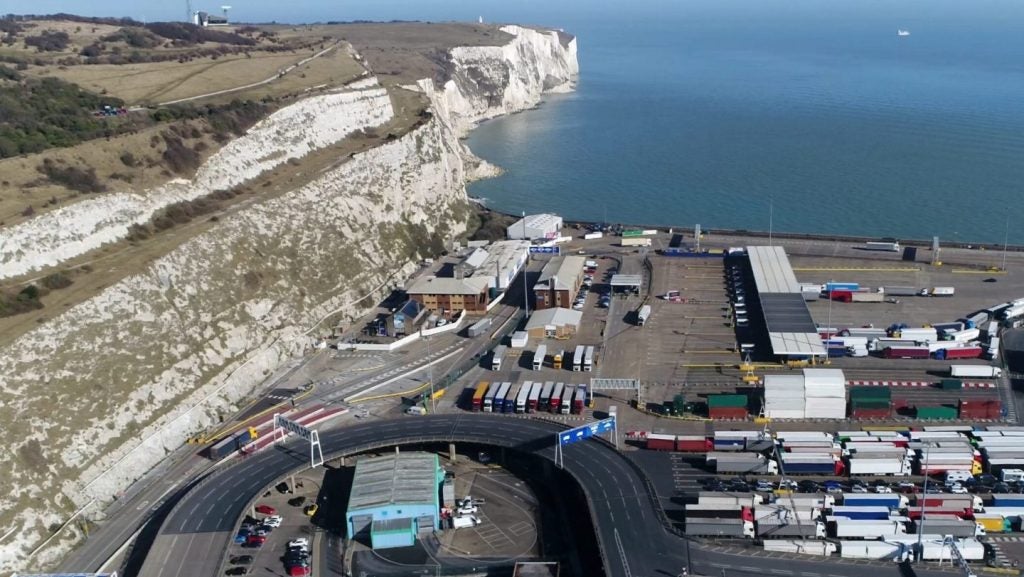When it comes to Brexit, all the talk is now about the Windsor Framework, and no longer the Northern Ireland Protocol. An agreement has been reached between the UK and the EU on a new deal for the handling of goods through Northern Ireland following progressive talks.
UK Prime Minister Rishi Sunak and his supporters will see this as a major win, given issues surrounding the Northern Ireland Protocol that have dogged his predecessors Theresa May, Boris Johnson and (briefly) Liz Truss. Northern Ireland will remain inside the EU’s Single Market for goods, while also enjoying (almost) the same direct access to the market on the Great Britain mainland (essentially England, Scotland and Wales).
Northern Irish citizens already have the option of holding a British or Irish passport, or both. The ability to use the ‘fast-track’ queues at airports, since Brexit, is a running joke. Yet the new framework will see the introduction of two more lanes – green and red. The green lane will potentially reduce the checks required on British goods passing into Northern Ireland, which will remain in Northern Ireland. Those goods moving on to Ireland will enter via the red lane, with customs checks enforced.
Northern Ireland’s unique position
The response to the announcement has generally been positive. Northern Irish businesses see this as a step forward. Anything that reduces red tape, lowers costs and improves access to products can’t be a bad thing. Sunak claims that Northern Ireland is in an “unbelievably special position… a unique position in the entire world”. This may be true, but doesn’t that mean that Northern Ireland is very close to being back to where it was pre-Brexit?
Also, the unique position, while a positive for Northern Ireland, may not go down quite so well in other parts of the UK, which may feel that this arrangement puts them at a disadvantage. Although Northern Ireland is one of the poorer regions of the UK, it is not the poorest. I remember the fall out over the potential proposed reduction in Northern Ireland’s corporate tax rate. Northern Ireland wanted to match the rate of Ireland (12.5%). However, a rate difference of about 6.5% was too unfavourable to other UK regions.
See Also:
Yet this new deal could yield a similar advantage. There could be an influx of mainland British companies setting up operations in Northern Ireland. Why not, if they are able to get better access the EU market? Additionally, Northern Ireland’s proposition to foreign investors will get comparatively stronger. The US, a key source foreign direct investment market for the UK, has already backed the Windsor Framework.
How well do you really know your competitors?
Access the most comprehensive Company Profiles on the market, powered by GlobalData. Save hours of research. Gain competitive edge.

Thank you!
Your download email will arrive shortly
Not ready to buy yet? Download a free sample
We are confident about the unique quality of our Company Profiles. However, we want you to make the most beneficial decision for your business, so we offer a free sample that you can download by submitting the below form
By GlobalDataPolitics won’t ruin this one, will it?
Great Britain is Northern Ireland’s largest trading partner by some margin. Ensuring a favourable deal is important economically but also politically. The Northern Irish Executive collapsed after the DUP – the country’s largest Unionist party – refused to take their seats in government after the Protocol was introduced, stating that there should be no division between Northern Ireland and the rest of the UK. While the Windsor Framework has been agreed by the UK and the EU, it must be accepted locally.
There will be enormous pressure on the DUP to back the deal (most other political parties will, it seems, accept it). The DUP made fixing the Northern Ireland Protocol its primary objective. Accepting the deal could help the DUP claw back some of the seats it lost in the country’s last election.
Nevertheless, there will be mounting public pressure to pass the deal, reinstate the power-sharing executive and kick-start the Northern Irish economy. A stable economic and political platform can only help Northern Ireland prosper once again amid its current cost of living crisis and slow growth.




